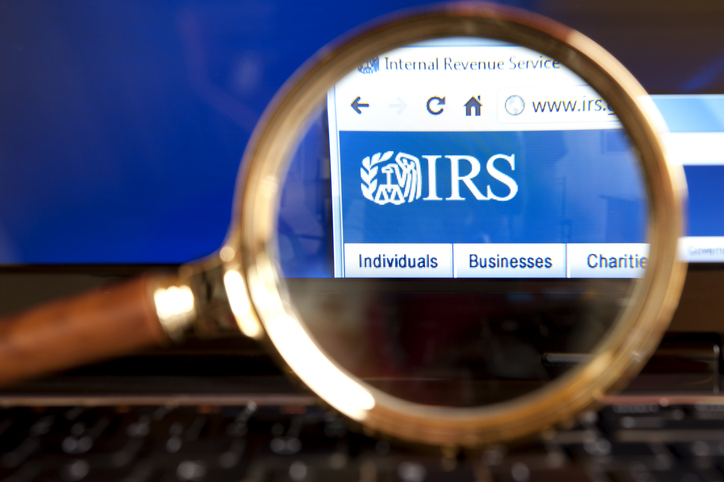Filing a late Form 990 is not an uncommon occurrence. For whatever reason, be it a communication error, a time management issue, or just the thought that there are other more important tasks to complete, many nonprofits file late Form 990 tax returns.
This may seem like a simple mistake that will be easily remedied; however, this is not always the case. Penalties for a late Form 990 can be steep – as much as $50,000 for organizations with revenues over $1 million and $10,000 for organizations with revenues below $1 million.
Forms 990 and 990-PF are due the 15th day of the 5th month after the end of the organization’s tax year (May 15 for organizations reporting on a calendar year). Organizations may request two three-month extensions to prepare their tax return.
However, if the extension requests are not filed or the filing is late, penalties will accrue daily each day the filing is late. This penalty may be charged for either a late-filed return, an incomplete return, or both.
Penalties for Late Filing of Form 990 and 990 PF
Penalties are based on the organization’s gross receipts. If an organization whose gross receipts are less than $1,000,000 for its tax year files its Form 990 after the due date (including any extensions), and the organization doesn’t provide reasonable cause for the late filing, the IRS will impose a penalty of $20 per day for each day the return is late.
The maximum penalty is $10,000, or 5 percent of the organization’s gross receipts, whichever is less. For organizations with gross receipts in excess of $1,000,000, the penalty increases to $100 per day, up to a maximum of $50,000.
Fortunately, for nonprofits with reasonable cause for filing late, there is a silver lining. Code Section 6652(c)(3) provides that penalties assessed for late filing may be waived when the late filing was due to reasonable cause.

Accordingly, the IRS will consider waiving the penalties (but not the interest) where the organization can prove the late filing was due to reasonable cause. The waiver request must be made in the form of a written statement that contains a declaration by an officer or director that the statement is made under penalties of perjury. The statement must set forth all the facts regarding the factors that prevented the organization from timely filing its return including:
- What prevented the organization from requesting an extension of time to file its return if an extension was not requested;
- How the organization was not neglectful or careless but exercised ordinary business care and prudence; and
- What steps have been taken to prevent the same situation from occurring in the future?
The statement should be filed as an attachment to the late Form 990 and should include appropriate documentation. Alternatively, the request can be submitted in response to the penalty notice.
While the IRS does offer abatement in certain cases, organizations should not assume that penalties will be abated. The IRS can be stingy with penalty abatement requests, particularly if it’s not the organization’s first offense. The best way for a nonprofit to avoid IRS penalties is to be aware of when its tax return is due and take care to ensure an extension is requested or the return is filed by the deadline.
Don’t forget that an organization that fails to file the required Form 990 for three consecutive tax years will automatically lose its tax-exempt status.
Ellis Carter is a nonprofit lawyer with Caritas Law Group, P.C. Ellis advises nonprofit and socially responsible businesses on corporate, tax, and fundraising regulations. Ellis is licensed to practice in Washington and Arizona and advises nonprofits on federal tax and fundraising regulations nationwide. Ellis also advises donors concerning major gifts. To schedule a consultation with Ellis, call 602-456-0071 or email us through our contact form.

